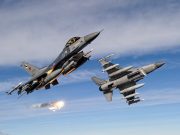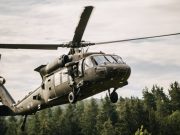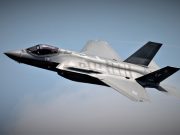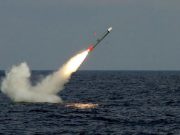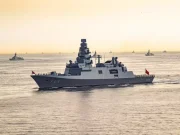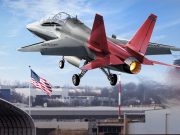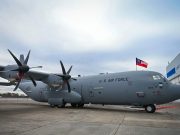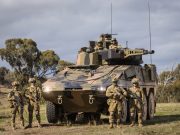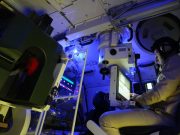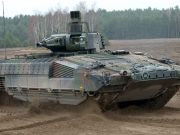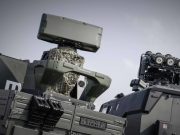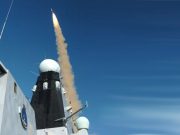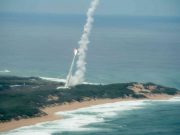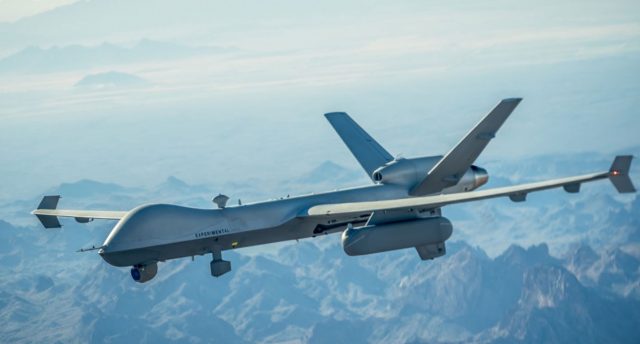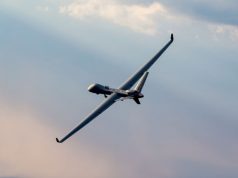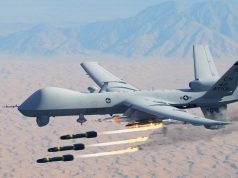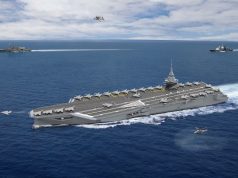General Atomics Aeronautical Systems (GA-ASI) flew the new NATO pod on one of its MQ-9A unmanned aerial vehicles for the first time last month.
The NATO pod is a joint development between GA-ASI and Sener Aeroespacial of Spain.
It is built by Sener Aeroespacial in Europe to meet NATO airworthiness standards, while increasing configuration and payload options for MQ-9A and MQ-9B aircraft.
The new product is designed for international customers that are interested in integrating sovereign payload capabilities to achieve specific mission objectives.
The test flight was performed at the Yuma Proving Grounds using a GA-ASI owned MQ-9A aircraft.
GA-ASI says the NATO pod development was driven by its goal of providing customers with a customizable pod that would carry sovereign, cross-domain intelligence, surveillance and reconnaissance (ISR) sensors.
MQ-9As are operated by a number of European countries, including the United Kingdom, France, Italy, the Netherlands, and Spain. GA-ASI’s newer MQ-9B variant has been acquired by the UK and Belgium. Recently Poland announced that it will lease MQ-9A.
GA-ASI is working with Sener and other European suppliers to integrate their sensor capabilities within this new pod. The pod is a flexible, scalable, certifiable enclosure with the structural features to host mission systems.
The pod interfaces with common MQ-9 aircraft power and navigation interfaces, including the platform datalink connection to the ground control station (GCS).
“This is a truly momentous product design and implementation effort,” said GA-ASI vice president of mission payloads and exploitation, Satish Krishnan. “We’ve worked closely with Sener to meet requirements and keep our combined teams in sync to achieve this great outcome. Our successful test flight allows us to begin marketing this new capability to our international partner nations as a way to rapidly add sovereign payload capability.”
“This first flight is the fruit of a long collaboration between GA-ASI and Sener and we are proud to have contributed to the success of the project. We look forward to continuing the good work together, which we are sure will bring us more successes in the future,” Rafael Orbe, defense general director at Sener Aeroespacial, said.
This industrial cooperation effort introduces European manufacturing of GA-ASI designed mission hardware and opens the door to customer-specified mission payloads – including technologies that are built outside the US – for deployment on MQ-9A and MQ-9B. The NATO Pod that was tested featured a payload built by Arpège S.A.S. France.


